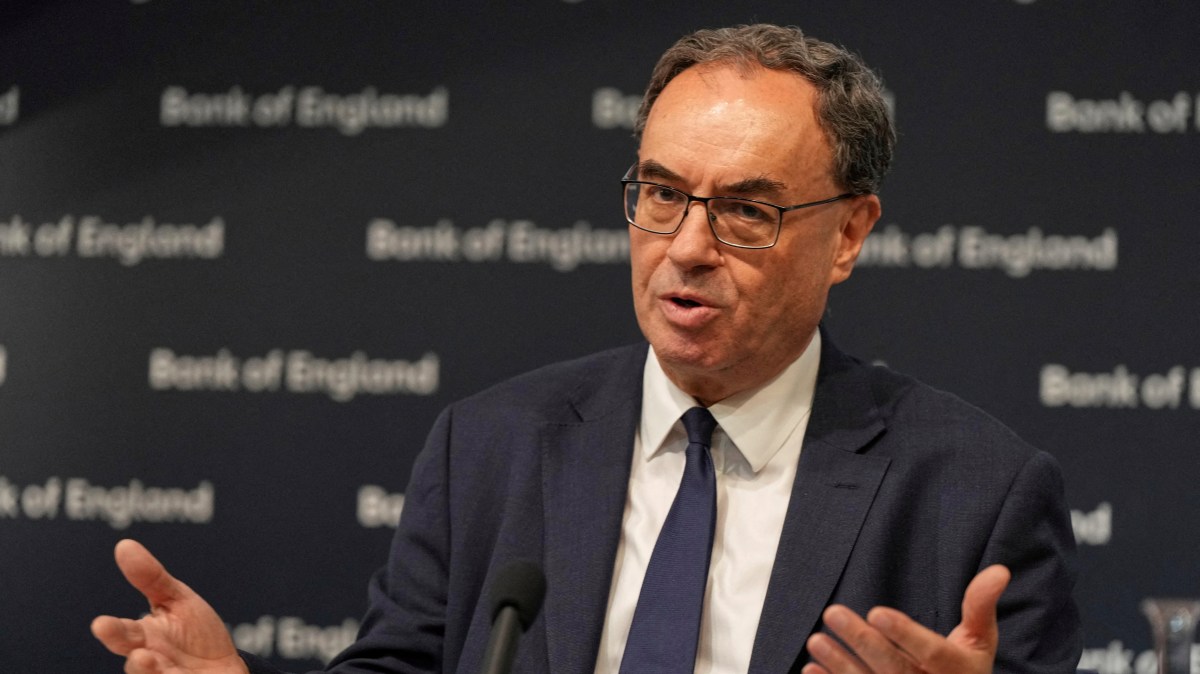The governor of the Bank of England has called on the International Monetary Fund do to a better job policing economic imbalances in the wake of the institution being attacked by the Trump administration for its “Polyanna-ish” attitude to China’s global export dominance.
In an unusual intervention for a central banker, Andrew Bailey used his annual Mansion House speech in the City to lay out a series of reform proposals for the IMF to help strengthen the role of the multilateral economic institutions and address concerns made by the US president.
Scott Bessent, the US Treasury secretary, has hit out at the IMF for failing to police China’s trade surpluses and dominance in global manufacturing, accusing the institution of being “an institution more dedicated to preserving the status quo than answering the hard questions”.
• Andrew Bailey mulls dangers as he marks 40 years at the Bank
Bailey said Bessent was “right” in proposing a reform of the IMF. The governor laid out “modest” recommendations for the Fund, including bolstering its focus on “excess imbalances” between consumption and trade within economies, and giving its analysis more “bite” when issuing annual country reports for its members.
Bailey said the IMF should also work with the World Trade Organisation “to provide more nuanced assessments of the global trading system”.
“While the IMF is not in possession of policy levers directly to address global imbalances, it has a crucial role in facilitating globally beneficial adjustment through its surveillance,” he said.
“The IMF plays a central role in casting a rigorous and independent eye over the economic and financial systems of individual countries, and the world as a whole, providing timely warnings of where problems are being stored up for the future.”
The US administration blames China’s huge trade surplus and weak domestic consumption for contributing to an overvalued dollar and deindustrialising the American economy. But Bailey said the main cause of economic imbalances were domestic policy choices in China and the US, and he called on both countries to “explain” themselves.
“I say this in the spirit of constructive challenge and engagement, the best sense of multilateralism — the US does need to explain how it can regard its internal imbalance as sustainable and its external imbalance as not so, and how it envisages the internal balance responding to an adjustment of the external balance flowing from tariffs taking effect. And China needs to explain how it will tackle its persistently weak domestic consumption,” he said.
